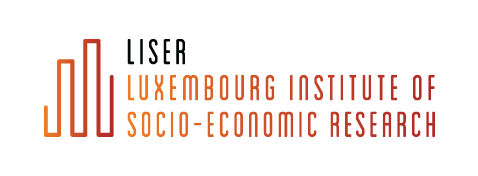Détails du projet
Description
This project takes a quantitative theoretical approach towards modelling geographical and occupational mobility of individuals induced by shocks to labor supply--international migration--and labor demand--technology and automation. The aim of this research is twofold. First, we identify the magnitudes of economic effects generated by these shocks, controlling for peoples' mobility decisions. To this end, we construct spatial labor market models that endogenize mobility decisions within general equilibrium environments. We focus extensively on macroeconomic consequences for spatial and occupational wage distributions, income inequality within regions and occupations, job creation, destruction, and unemployment. Second, after highlighting the groups of individuals exposed to economic losses, we experiment with policies, the goal of which being the mitigation of adverse consequences for individuals at risk. In particular, we simulate and study the effects of demand-driven visa policies in the European Union, mobility liberalization of extra-EU immigrants in Europe, and upskilling of workers in occupations vulnerable to robotization.
| L'acronyme | LaMaM |
|---|---|
| statut | En cours d'exécution |
| Les dates de début/date réelle | 1/06/21 → 30/10/24 |
Financement
- Fonds National de la Recherche

- Luxembourg Institute of Socio-Economic Research LISER
